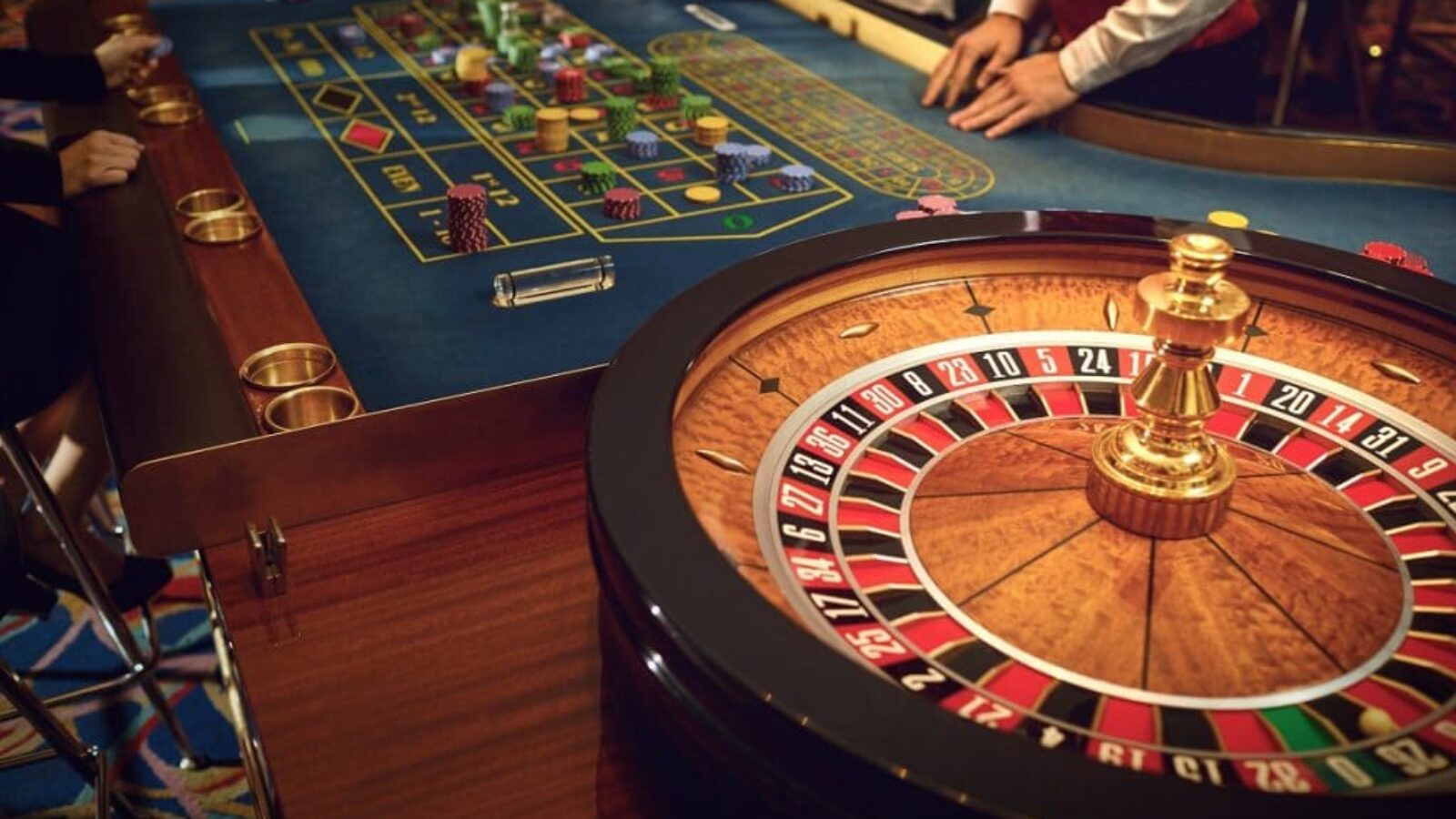How to Use Bonus in Pin Up Casino

Playing casino games is the hobby of thousands of gamblers worldwide. These people usually do it during their breaks at work, on weekends, and on holidays. This activity provides them pleasure, fun, and the possibility of winning real money.
Pin Up has a great selection of regular promotions and tournaments for players to participate in. These are designed to appeal to both new and existing players alike.
Bonuses
Pin-up casino offers an impressive welcome bonus to new players. The bonus is worth up to 500 euros and 250 free spins. The terms and conditions are fair for an offer of this size. The site also offers a variety of other promotions, including weekly cashback.
A good way to maximize your Pin-up casino bonus is to use it on games you know how to play. This will ensure that you can meet the wagering requirements quickly. You should also be aware of how much each game contributes to the wagering requirement and the time frame in which you must complete it.
Another great promotion is the monthly lottery, where you can earn a ticket for one of the prizes by making bets on selected games. These tickets are credited to your account within a few days, but you must read the terms and conditions carefully to avoid any errors. Also, it is a good idea to subscribe to the newsletter to keep up with any changes in the promotion’s conditions.
Games
Pinup casino offers a wide range of online gambling games, including crazy time live bangladesh from the best providers. It also features a live casino, sports betting and eSports. The site also offers a variety of payment methods, including popular bank cards and e-wallets. In addition, the site accepts cryptocurrency payments, which save transactions from being blocked by banks.
Pin-up casino offers several promotions for its customers, including weekly cashback, tournaments on slots, win-win lotteries and a birthday bonus. These bonuses are available only to fully registered and verified users.
Players should be aware that the casino’s bonus terms and conditions are subject to change at any time. These are available on the promotion page, and should be read carefully to avoid any mistakes that could cost you your bonus. In order to withdraw bonus-related winnings, players must fulfill the wagering requirements of 50x the bonus amount. This must be accomplished within 24 hours. Those who are unsure of their eligibility should contact customer support.
Customer service
Whether it’s by phone or live chat, you can get help from Pin Up casino support representatives. They’re available around the clock and will answer your questions in a timely manner. They also provide helpful advice about the best gambling games to play.
To withdraw your winnings, you must first log into your account and select a withdrawal method. Then enter the amount you wish to withdraw. The process can take a few days, but you can rest assured that your money is safe.
The casino is regulated by Curacao, so you can be confident that your personal information is secure and the site follows responsible gambling regulations. It is also audited regularly by third parties, which is important in protecting players from fraudulent practices. Besides, the website is SSL encrypted, which means that your financial transactions are secure. Moreover, the website is mobile-friendly and easy to navigate. This is great news for those who are looking to play on the go!
Payment options
The Pin Up casino offers a variety of deposit and withdrawal options, including Indian rupees. Players can use these methods to replenish their accounts, as well as withdraw their winnings. In order to do so, players must provide documentation and verification information. Some methods also charge transaction fees.
Once a player has completed the registration process, they must submit the necessary documents to verify their account. This verification process is essential for ensuring player safety and compliance with licensing requirements. It also helps to prevent fraud and money laundering activities.
Once a player has verified their account, they can access a number of important features on the website, including the balance, betting history, and bonuses. The site also offers an option that allows users to change a bet. This feature is available for both single and accumulator pre-match bets. The site also offers various tournaments, which can give players a chance to win real cash and prizes.
